Far too many food recalls have occurred over the past 10 years. How can HACCP-based programs help companies prevent such incidents?
Abattoirs and meat processing plants must take measures to control food quality risks at every stage. Here’s what administrators need to know.
Testo’s instruments have assisted Energy Power Systems Australia’s personnel in measuring emissions and other factors associated with their engines.
Shirantha Perera, project engineer at Cummins Power Generation, outlined the testo 340’s key role in the company’s value-added services.
Enflex Regional Manager for Western Australia and the Northern Territory Rodger Elias outlined how testo’s gas analysers fit into his company’s operations.
The intense Australian summer is almost upon us. What can businesses and consumers do to increase AC efficiency and reduce energy costs?
Automating food safety programs enables companies to continuously monitor the effectiveness of hazard-mitigation processes efficiently.
Australian authorities have integrated HACCP principles into their food product safety standards, to which many businesses are required to adhere.
Matthew Heskin, CEO of Ektimo, spoke with us about how his personnel use testo’s instruments to conduct stack tests at industrial plants throughout Australia.
Testo spoke with SkillsTech TAFE Bracken Ridge Head Teacher Neal Kidman, who uses Testo’s refrigeration gauges to instruct students on how to troubleshoot equipment.
Effective food health and safety programs depend on the knowledge and participation of employees across an entire organisation, which poses challenges.
There are several factors that impact HVAC pressure. Knowing what they are and how to handle them can help you get the most out of your solution.
Hazard Analysis Critical Control Point is a standard that enables those in the food industry to identify and eliminate hazards.
Multi-function instruments enable HVAC mechanics to measure temperature, humidity, airflow and other characteristics in an efficient manner.
The Volkswagen scandal serves as a reminder to Australian businesses with diesel-powered vehicles to assess their equipment for deficiencies.






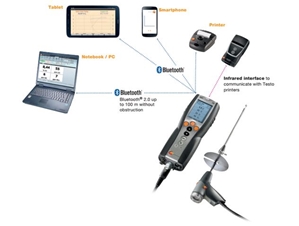
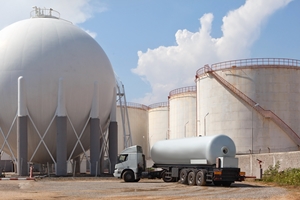


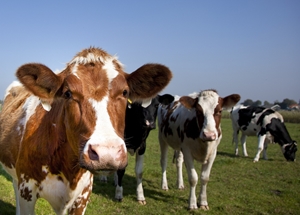

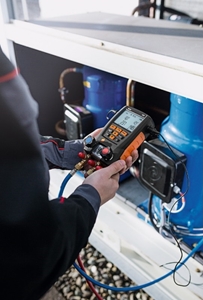



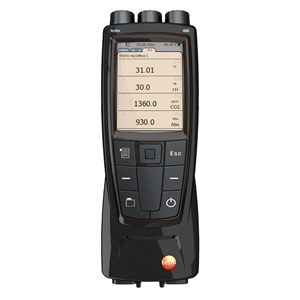

 Reduce cooking oil costs while ensuring quality
Reduce cooking oil costs while ensuring quality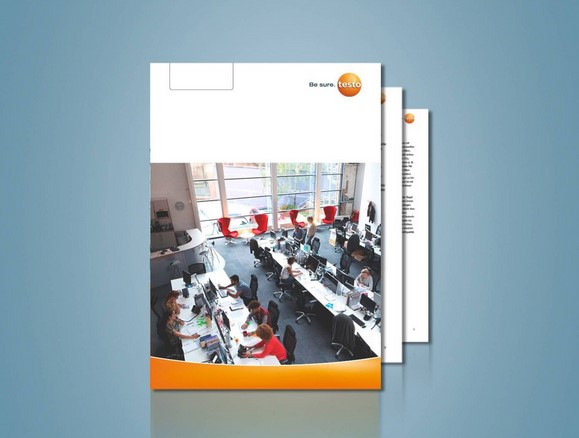 Expert knowledge on CO2 monitoring
Expert knowledge on CO2 monitoring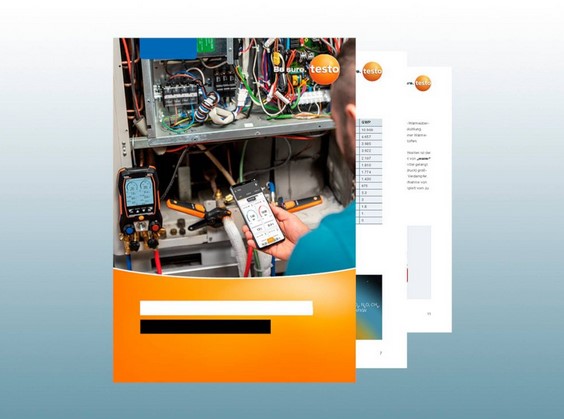 Refrigeration knowledge - in 3 modules
Refrigeration knowledge - in 3 modules



